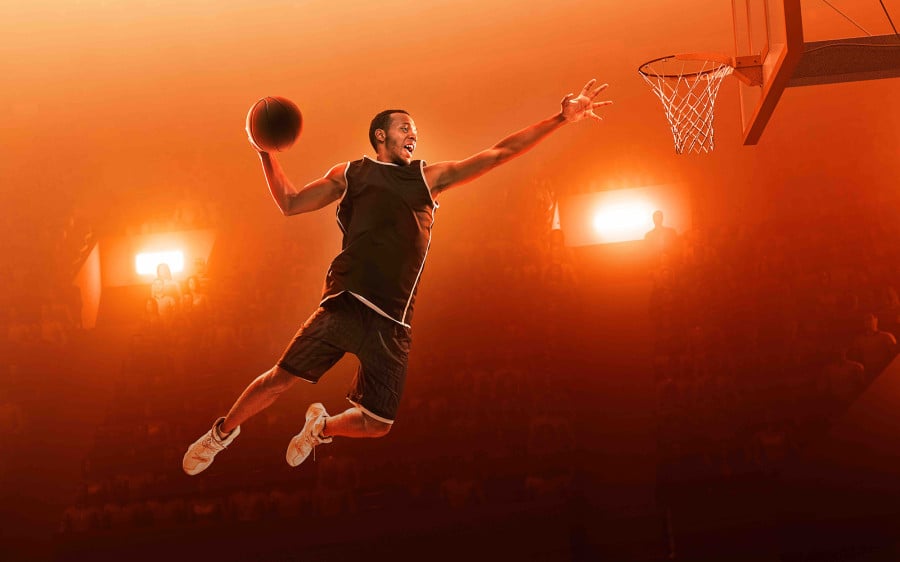Why ‘boosting’ an athlete’s career falls foul of NCAA rules: a review of the Wiseman & Hardaway case

Collegiate basketball player James Wiseman, center for the University of Memphis Tigers and projected top five pick in the upcoming NBA draft, was suspended for 12 games in November by the National Collegiate Athletic Association (NCAA) when it was discovered that Wiseman’s mother, unbeknown to Wiseman, received money from his then high school coach (Anfernee ‘Penny’ Hardaway, former NBA & Memphis star) to help with moving expenses related to her sons basketball commitments. Hardaway was a ‘booster’ for the University of Memphis and later became the coach of the Tigers. The NCAA’s rules prohibit any prospective athlete (or their families) from receiving any type of benefit from a “booster”, or individual promoting the athletic interests of a university to protect athletes from being unfairly influenced to attend one university over another. Even if the athlete is completely ignorant of the circumstances leading to the violation, the athlete may be punished.
For the benefit of those based outside the USA, the NCAA provides the following description of booster:
‘Boosters play a role in providing student-athletes with a positive experience through their enthusiastic efforts. They can support teams and athletics departments through donations of time and financial resources which help student-athletes succeed on and off the playing field.
Boosters, referred to by the NCAA as “representatives of the institution’s athletic interests”[1] under Bylaw 13.02.15, include anyone who has:
- Provided a donation in order to obtain season tickets for any sport at the university.
- Participated in or has been a member of an organization promoting the university’s athletics programs.
- Made financial contributions to the athletic department or to a university booster organization.
- Arranged for or provided employment for enrolled student-athletes.
- Assisted or has been requested by university staff to assist in the recruitment of prospective student-athletes.
- Assisted in providing benefits to enrolled student athletes or their families.
- Been involved otherwise in promoting university athletics.
Once an individual is identified as a “representative of the institution’s athletics interests,” the person retains that identity forever.
Only institutional staff members are permitted to recruit prospective student-athletes. Generally, NCAA rules prohibit anyone else from contacting (calling, writing or in-person contact) prospects or the prospect’s relatives or guardian for recruiting purposes.
Students are still considered prospects even if they have signed a National Letter of Intent or any other financial aid agreement with a university.
Boosters are not precluded from continuing established friendships with families who have prospective student-athletes. However, boosters may not encourage a prospect’s participation in university athletics or provide benefits to prospects that were not previously provided.
If a violation occurs, it may jeopardize a student-athlete’s eligibility for intercollegiate competition, jeopardize a school’s membership status with the NCAA or cause a booster to lose access to all booster benefits.’[2]
Although the NCAA’s rules regulating boosters have been around for years, Wiseman’s case has called into question not only the fairness of the NCAA booster rules but also their antiquatedness in this day in age. As Wiseman’s case demonstrates, the harshness and strictness with which these booster regulations are implemented can create problems for all stakeholders of the NCAA.
Accordingly, this article examines:
- The specific NCAA bylaws on boosters;
- The case against Wiseman and Hardaway; and
- Potential implications for amateurism.
To continue reading or watching login or register here
Already a member? Sign in
Get access to all of the expert analysis and commentary at LawInSport including articles, webinars, conference videos and podcast transcripts. Find out more here.
- Tags: Basketball | Dispute Resolution | NCAA | NCAA Bylaws | Regulation | United States of America (USA)
Related Articles
- A further anti-trust challenge to the NCAA’s athlete compensation cap (In Re: NCAA Athletic Grant-in-Aid Cap..)
- Can a sports sanction constitute an illegal work restriction? A review of NCAA v. Coach Todd McNair
- (Anti)-trust the process: is the NCAA legally permitted to ban schools?
- NCAA offers a lifeline: college athletes allowed to benefit from name, image and likeness
Written by
Manali Kulkarni
Manali previously researched on sports and society in India, specifically focusing on the influence of sport on the gender divide in India. She joined LawInSport in September 2013 as a research assistant providing updates on Indian sports law.
Matthew Kaiser
Matthew D. Kaiser is an associate at Global Sports Advocates and has worked with and represented athletes in a variety of legal issues from challenging disciplinary sanctions and doping violations to protecting athletes’ intellectual property rights.





